Iran says ‘very serious’ about safeguards issues in talks to bring US back to compliance
Foreign Minister Hossein Amir-Abdollahian says Iran is “very serious” about the remaining issues regarding the safeguards agreement in the midst of efforts to bring the US back to compliance with the 2015 nuclear accord.
Amir-Abdollahian on Thursday elaborated on the latest developments about the restoration of the 2015 nuclear deal, officially known as the Joint Comprehensive Plan of Action (JCPOA), and the sanction-removal negotiations in the Austrian capital of Vienna.
“The [Iranian] administration is following two paths at the same time, making efforts to render the sanctions ineffective and bring about economic prosperity and development in the country without focusing [merely] on the JCPOA,” Amir-Abdollahian told a meeting of Iranian nationals at the Tanzanian city of Dar es Salaam.
“The reason as to why this policy was initially adopted is because assuming that our agreement reaches a final point in a few days or a few weeks, the secondary sanctions will be removed but the primary sanctions will remain in place within the framework of the JCPOA,” he said.
Underscoring the Iranian administration’s determination to continue the sustainable economic development program with a view to neutralizing the sanctions, the top Iranian diplomat said the administration has followed the path of negotiations in the past months and the talks have reached a point where “we have received a response from the American side to our written proposals through the European Union’s coordinator.”
“Yesterday, we received the response from the American side; we are reviewing and assessing the response. We are very serious about the remaining safeguards issues and we are in no way willing to leave unattended some political and baseless accusations” brought about by the Zionist regime under conditions that parties are returning to the deal, Abdollahian noted.
The Iranian foreign minister expressed hope that “if the American side is serious in its commitments and if we reach the desired point in the agreement, we can reach the final stage of the negotiations in an effort to neutralize the primary sanctions so that all parties will return to the agreement and remove the sanctions.”
Stressing that the meeting of the parties to the JCPOA and the conclusion of talks in Vienna will come after Iran’s red lines are observed, Abdollahian said, “As long as we are not sure if our red lines are observed and the Iranian nation’s interests are secured, we will make no haste in this matter.”
Amir-Abdollahian arrived in Tanzania early on Thursday on the second leg of his three-nation tour. The top diplomat wrapped up a visit to Mali and is scheduled to travel to Zanzibar.
Before setting off for his regional tour of Africa on Monday, Amir-Abdollahian said the Islamic Republic pays serious attention to improvement of ties with all regions of the world.
Iran FM, Qatari counterpart discuss JCPOA on phone
In a separate development on Thursday, Amir-Abdollahian and his Qatari counterpart, Sheikh Mohammed bin Abdulrahman Al Thani, spoke and discussed on the phone the latest developments on the revival of the JCPOA.
Al Thani expressed Qatar’s hope for reaching a fair agreement that takes into account the concerns of all parties, and said reaching such an agreement is beneficial to the security and stability of the region.
Four days of intense talks between representatives of Iran and the five remaining parties to the JCPOA ended on August 8 with a modified text proposed by the EU on the table.
The talks came after a five-month hiatus as the US negotiators failed to overcome their indecisiveness.
Iran submitted its response to the EU draft proposal on August 15, a week after the latest round of talks wrapped up. After submitting its response, Tehran urged Washington to show "realism and flexibility" in order to reach an agreement.
However, it took almost ten days for the Biden administration to submit its response to Iran's comments on the EU draft.
The United States, under former president Donald Trump, abandoned the deal in May 2018 and reinstated crippling sanctions that the agreement had lifted.
The talks to salvage the agreement kicked off in the Austrian capital in April last year, months after Biden succeeded Trump, to examine the potential of the US return to the deal and removal of sanctions.
Despite notable progress, the US indecisiveness and procrastination caused multiple interruptions in the marathon talks.
US vetoing of Gaza ceasefire resolution ‘disgraceful’: Iran’s UN envoy
VIDEO | IAEA adopts anti-Iran resolution tabled by E3
VIDEO | Iran's president urges Pope to help end Israel's onslaught in Gaza
Iran's senior legal official: ICC arrest warrant for Netanyahu ‘great victory'
Nov. 21: ‘Axis of Resistance’ operations against Israeli occupation
VIDEO | Israeli forces storm West Bank’s Jenin again, target civilians
Iran activates advanced centrifuges after IAEA's 'unjust' resolution
VIDEO | Press TV's news headlines


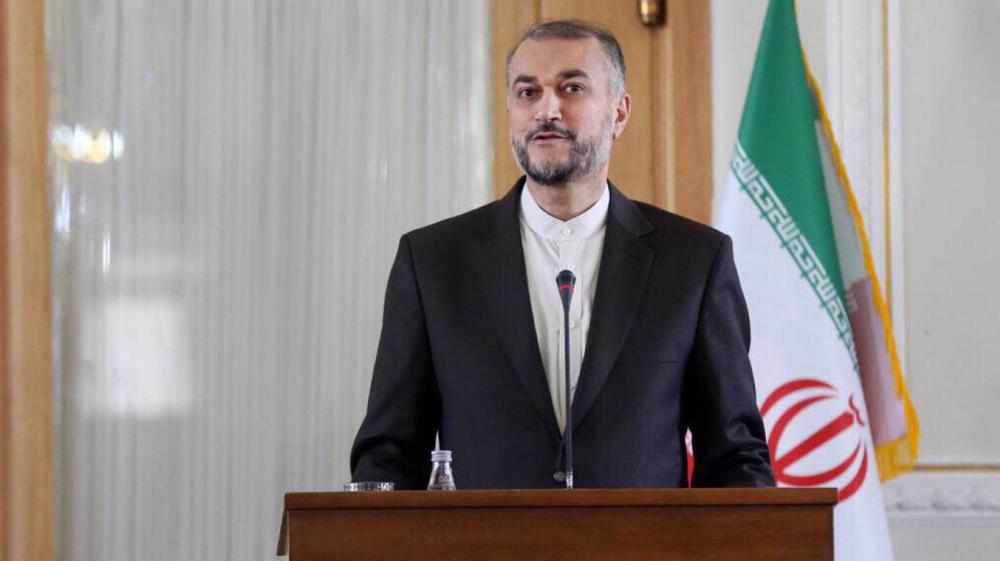
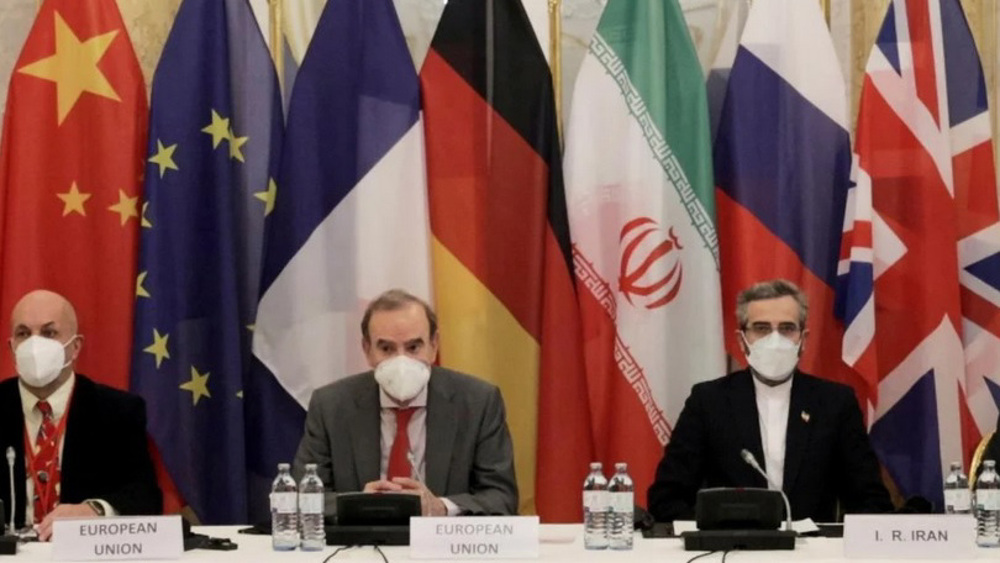
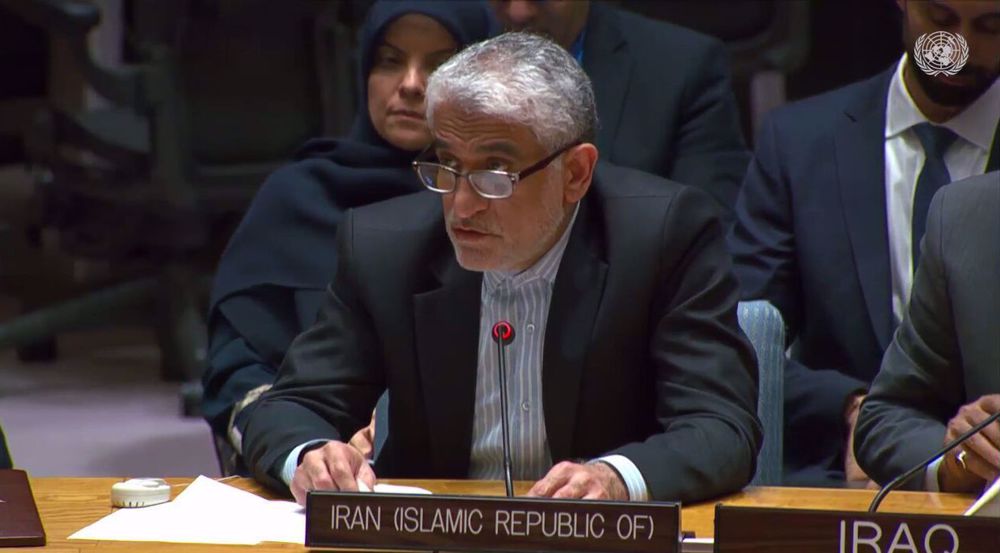
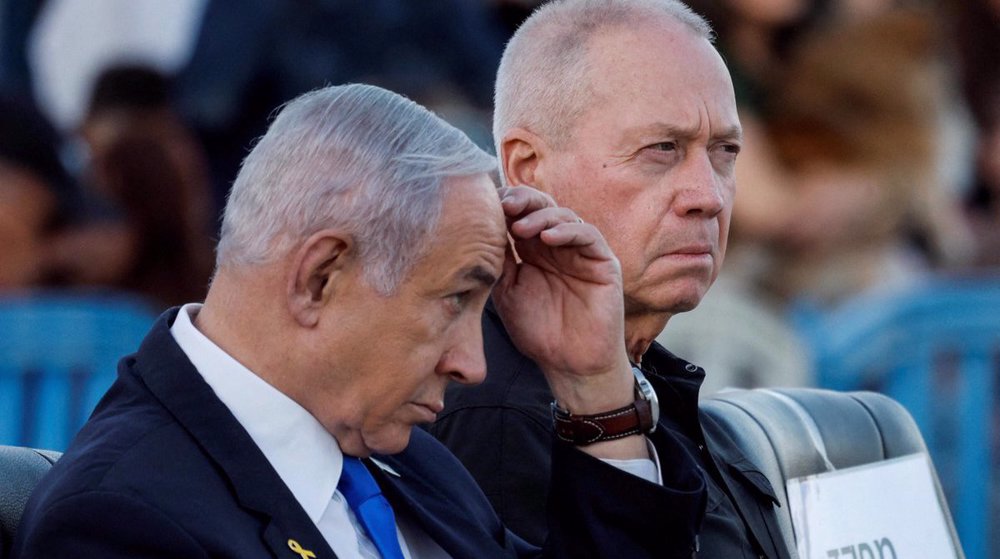
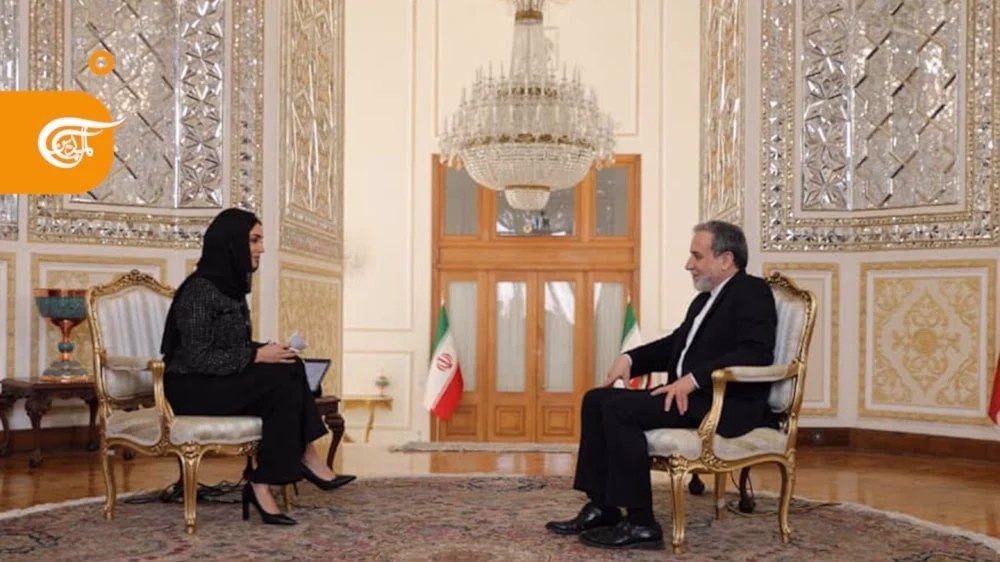




 This makes it easy to access the Press TV website
This makes it easy to access the Press TV website